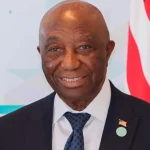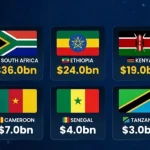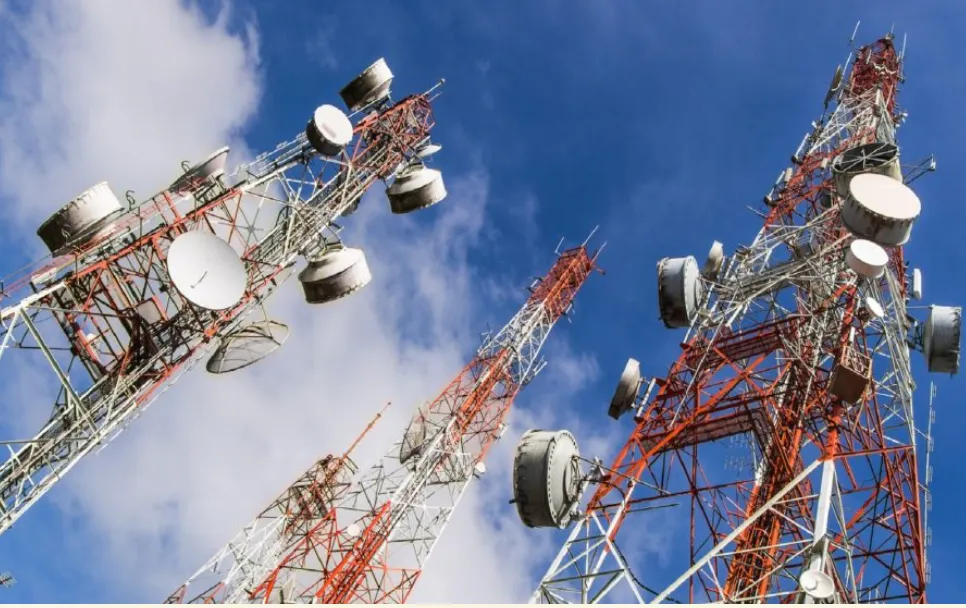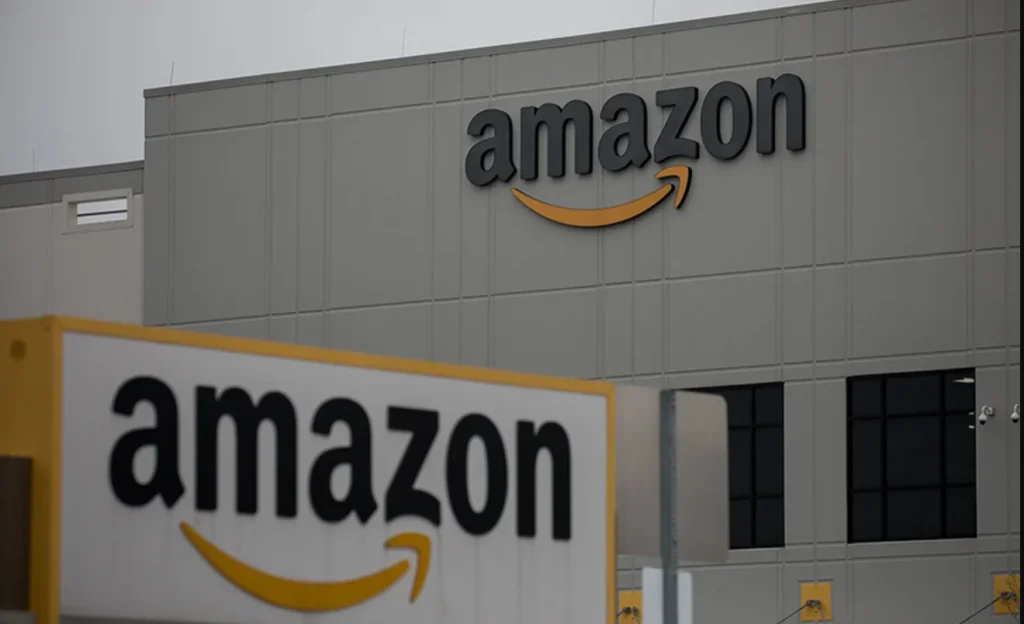Nigeria’s ambition to achieve 70% broadband penetration by 2025 appears to be slipping out of reach, as the Nigerian Communications Commission (NCC) has reported a second consecutive monthly decline.
According to NCC data for July 2025, broadband penetration fell to 48.01%, down from 48.7% in June and 48.8% in May. The number of active broadband subscriptions also dropped from 105.7 million in June to 104 million in July, signaling challenges in expanding high-speed internet access nationwide.
Missed Milestones in Nigeria’s Broadband Plan
The National Broadband Plan (NBP 2020–2025) had set clear timelines for Nigeria’s digital transformation, but several key targets have already been missed:
- 50% Broadband Penetration by 2023: Actual penetration stood at just 43.71% at the end of 2023 and rose slightly to 44.43% by December 2024.
- Affordable Smartphones: The plan projected the establishment of at least one local smartphone assembly plant by 2023 to lower entry-level smartphone prices to around ₦18,000. As of 2025, no plant exists, and the cheapest smartphones now cost over ₦100,000 due to naira depreciation.
- 4G Adoption Target: The NBP aimed for 70% of telecom subscriptions on 4G by 2023, but NCC’s July 2025 data shows only 50.85% of the country’s 169.3 million active subscriptions are on 4G networks.
These setbacks highlight the widening gap between Nigeria’s broadband aspirations and reality.
Why Broadband Matters for Nigeria’s Digital Economy
Broadband connectivity is a critical driver of:
- Economic growth
- Job creation
- Entrepreneurship and innovation
- Digital inclusion
Dr. Maida reiterated that ubiquitous broadband is essential for bridging Nigeria’s digital divide, expanding e-commerce, and supporting small businesses.
The State of Nigeria’s Internet Usage
While penetration growth has slowed, data consumption continues to rise. According to Nairametrics, Nigerians consumed an all-time high of 1.1 million terabytes of data in July 2025, reflecting the increasing demand for digital services.
As of March 2020, when the broadband plan was launched, penetration stood at 39.85% with 75.4 million broadband users. Five years later, penetration has increased only marginally to 48.01%, despite rising data usage.
Final Thoughts
Nigeria’s 70% broadband penetration target for 2025 now appears unlikely to be achieved unless urgent steps are taken to review state policies, reduce infrastructure deployment costs, and make smartphones affordable.
The slowdown in broadband penetration growth poses a significant risk to Nigeria’s digital economy ambitions. Without decisive intervention, millions of Nigerians could remain excluded from the opportunities of a connected digital future.
















